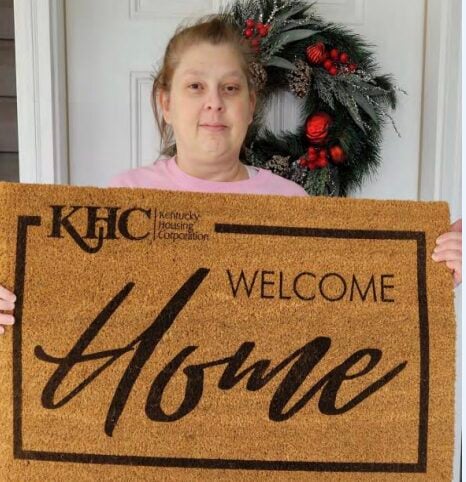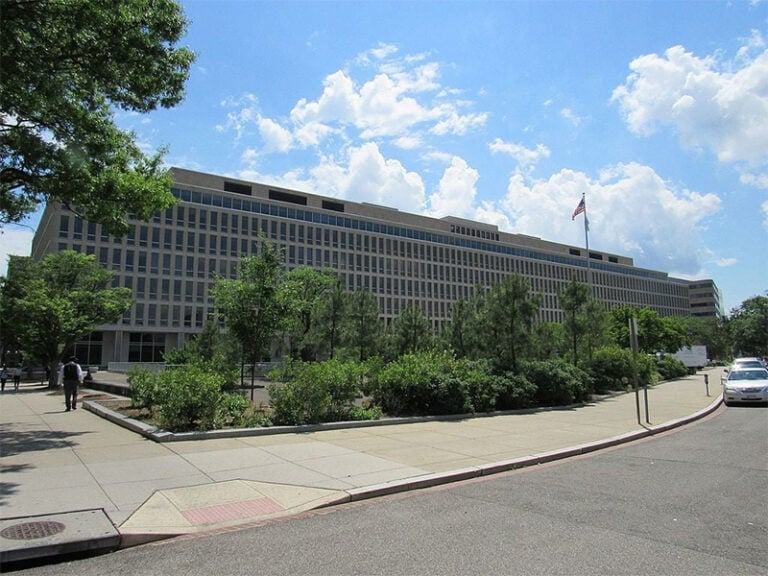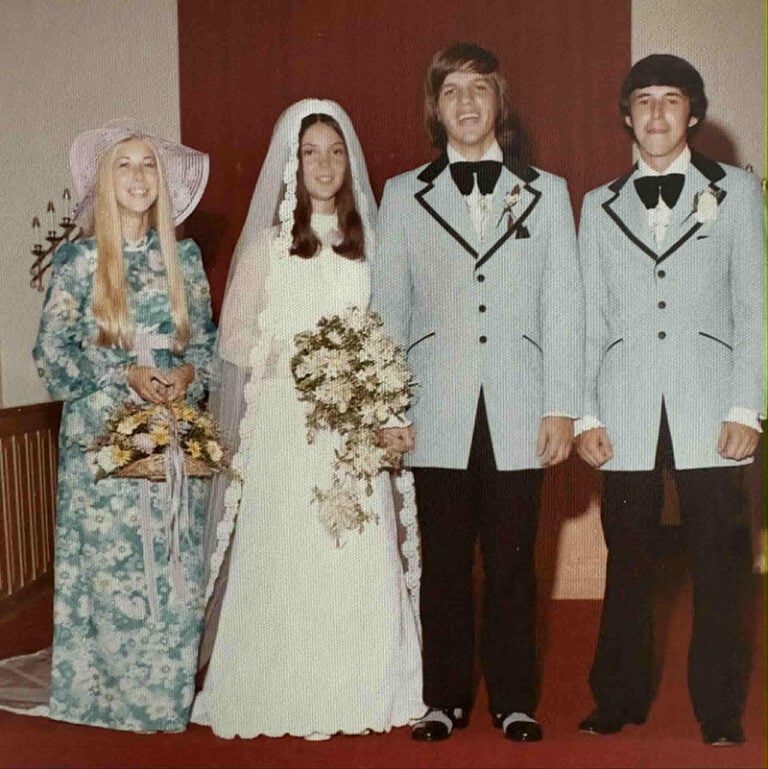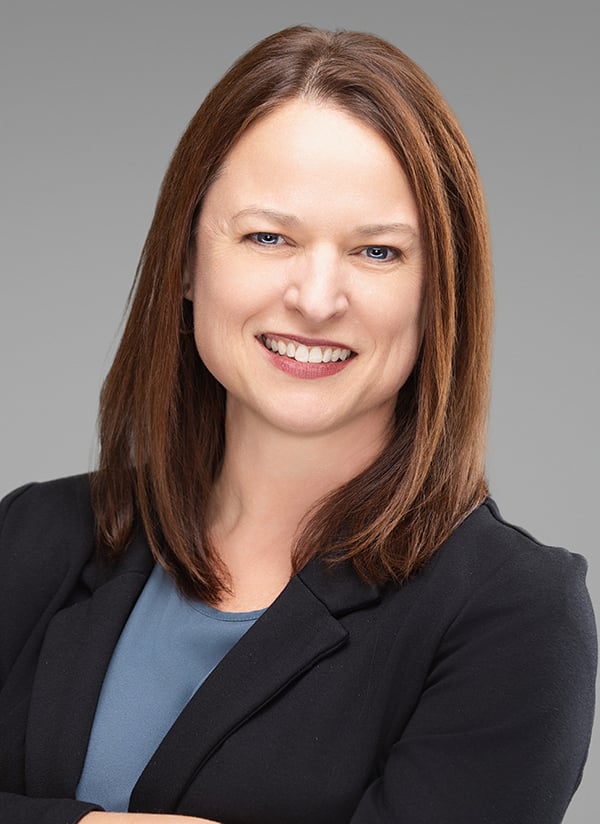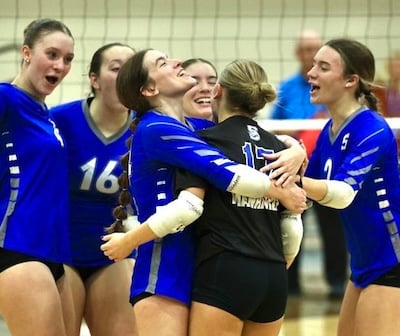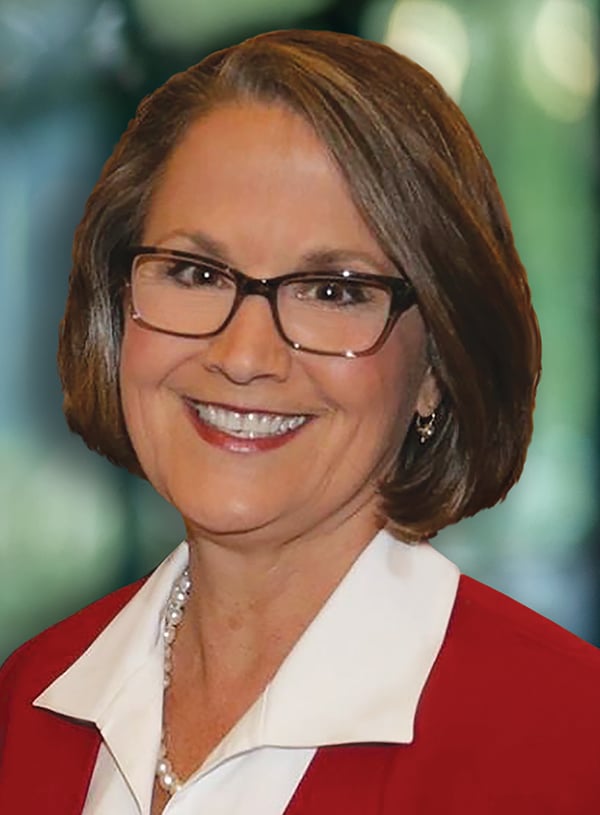Anita Jones Crowe never regretted her decision to move back to Murray in 2014, after forty-one years away. Even now, seven years later, she still has no misgivings. Although she confesses to peering at faces that somehow look familiar and then finding out they are kin to people she knew back when she was growing up, she has joyously reconnected with scores of old friends.
Thinking back, she remembers being part of a tight-knit Black community where everyone knew everyone else. “It was just like this big family,” she said.
Some aspects of proximity, however, could cramp a girl’s style. For instance, stopping on the street to talk to a friend after school might inspire a well-meaning onlooker to call out, “Anita, you better get on home. You have chores to do.
“That’s the part I didn’t like,” she remarked.

The 1961 graduate of Douglass High School was inspired by her teachers, especially Miss Hodge, who taught business courses. The teacher had come to Murray from Tennessee, with no kin and no connections.
Anita Crowe recalled that she would visit students’ homes and become acquainted with their families, to make herself part of the community.
“And she dressed nice,” Anita recalled.
Miss Hodge’s good taste inspired the teen to set a goal to become an executive secretary, but Anita ended up surpassing that early ambition by taking a different direction.
After receiving undergraduate and graduate degrees from Murray State University, Anita went to work for Job Corps. She started as a counselor and ended up supervising other counselors. She met people from all over the U.S., and they all played some role in the residential education and job training program for young adults ages 16-24.
“The kids were rough,” she observed.
Because of that, Anita, a petite woman, had to establish a reputation for strength and decisiveness. She took karate and made sure she had all the right moves, even if she did not have the muscles to back them up. When a young man she was counseling spoke disrespectfully to her, she collared him and emphatically mentioned her martial arts skills.
He took her at her word. After that, he didn’t give her any trouble.
Growing up in segregation taught Anita Crowe other skills that came in handy over the years. She was smart, knew how to work hard, and got all A’s in school. As a child, dealing with white people taught other lessons. “You didn’t argue with adults,” she said.
High school life at Douglass was filled with fond memories. “We had proms, sock hops, and were top dog in sports,” she declared. The flip side was that Douglass’ textbooks were castoffs from the white schools, worn and out-of-date, but that didn’t hold her back.
Loyalty to Douglass and its values was passed down from one generation to another. Anita’s mother, Mae Ola Cogdell Jones, had also gone there. Mae Ola, a poet, was the go-to person when an occasion warranted a poetic tribute. She penned the words to “Dear Old Douglass High School,” the alma mater.
Asked if she remembered the song, Ms. Crowe smiled, closed her eyes for a moment, and then began to sing:
Dear Old Douglass High School
You’re the world to me.
Dear old Douglass High School
You will always be,
For you give us sunshine
Everywhere we roam.
I’m always thinking of you
When the shadows round me creep.
I’m always thinking of you
When I lay me down to sleep.
Her voice was clear and melodic. As she sang, head held high, she was transformed into that high school girl of days past.
Later, looking at some vintage pictures of those years, she named the football players and the cheerleaders. She even pointed out her former husband in another team photo.

She recalled a few people and places – Mr. Banks, Miss Louise, and Nelson’s — where young people congregated to dance and socialize. In the summer, Cherokee Park was another hot spot.
Located in Marshall County, Cherokee State Park attracted patrons from near and far. Built by the Tennessee Valley Authority, the park adhered to the exclusionary “separate but equal,” or Jim Crow doctrine.
“We went there every Sunday afternoon,” Anita Crowe said. “And we went early in the morning on holidays. People came from all over. I met a lot of boys that way.”
Closer to home in Murray, another public reminder of segregation was the Robert E. Lee statue on the courthouse lawn. “We didn’t talk about it,” she reported.
Our interview was on the newly designated Juneteenth National Holiday, but Anita Jones Crowe was quick to remind me that August 8 is the day when Emancipation is celebrated in Kentucky and Tennessee.
Juneteenth, though related in spirit, is not the same as the traditional August Homecoming reunion in Murray. “Black people didn’t hear of the Emancipation until August 8,” Anita explained.
Typically, the Douglass High School Reunion and Homecoming festivities are held in early August, to correlate with August 8.
The Emancipation Proclamation went into effect January 1, 1863, freeing slaves in the Confederate States of America. In this region, which was not a Confederate state, August 8, 1863, became a banner day for Blacks because it marked the day then-military governor, Tennessee’s Andrew Johnson, freed his personally owned slaves. This event set off a tradition of freedom celebrations in Kentucky and Tennessee that continues today in Murray and the Jackson Purchase Region.
The Juneteenth celebration commemorates June 19, 1865, when word of slaves’ freedom finally reached Texas.
Anita Jones Crowe was interviewed as part of a grant from the Kentucky Oral History Commission. The focus is the Douglass School, but it also includes the history of the Black community in and around Murray. Those interested in being interviewed, contact Mignon Reed, Director of the Calloway County Public Library at mignon.reed@callowaycountylibrary.org, or 270-753-2288.







